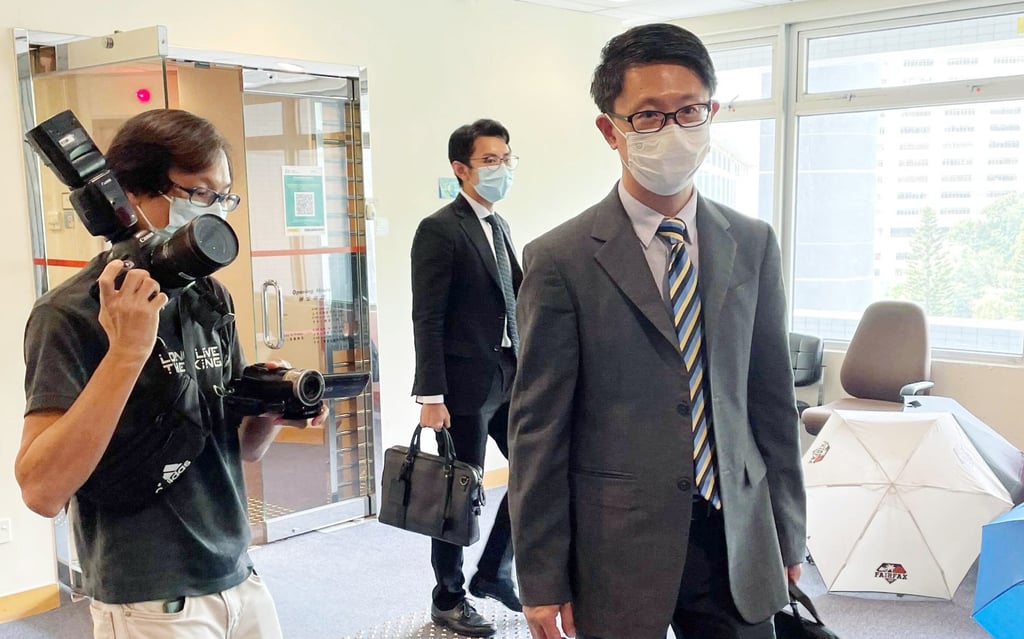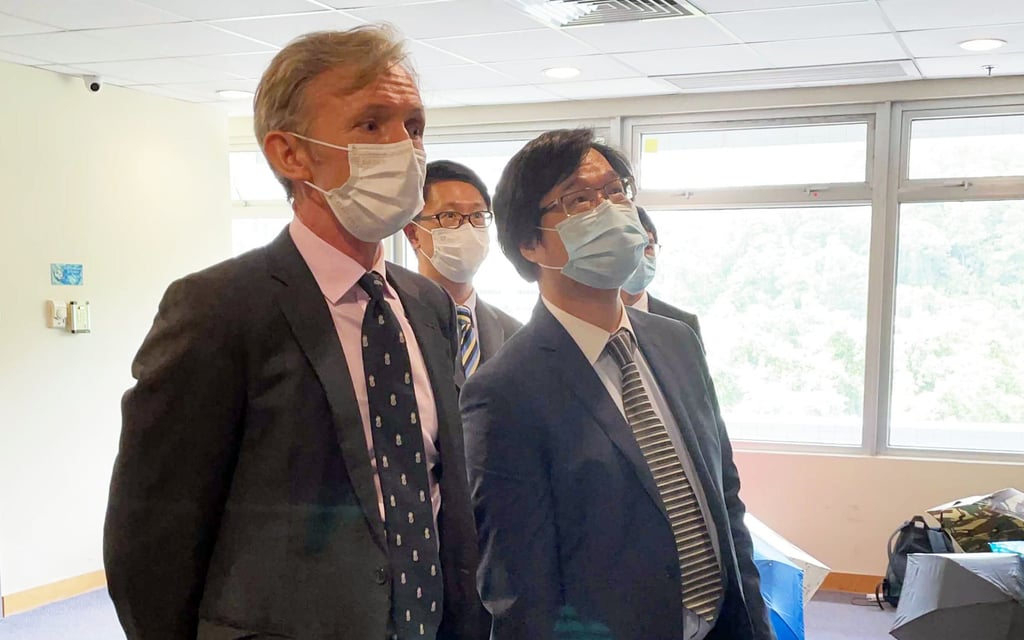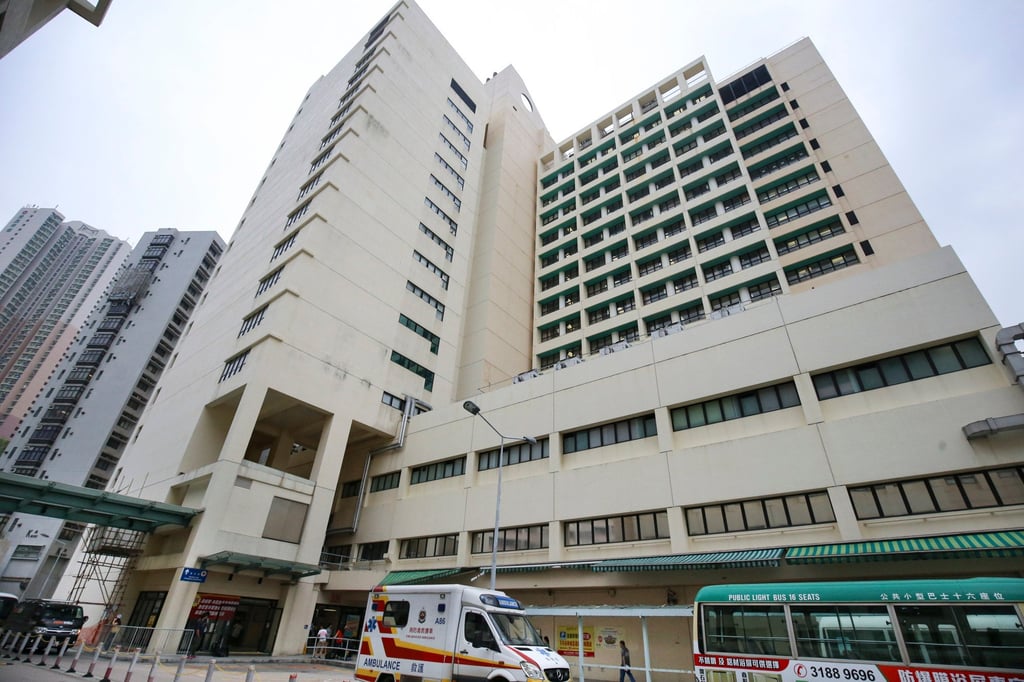Explainer | What the arrests of 2 Hong Kong doctors over a medical blunder mean for city’s patients and the healthcare system
- Latest move by police prompts debate on whether practitioners in public sector can be held equally liable as private counterparts
- Sector members point out effect on efficiency and professional development

While some doctors at private practices in recent years have found themselves on the wrong end of the law for beauty treatments gone badly wrong, the latest incident has prompted debate on whether those in the public sector can be held equally liable.
The Post has spoken to several criminal lawyers and academic specialists in medical law to get to the heart of the matter and break down the facts.

What happened in last week’s case?
The current case concerned Lam Chi-kwan and Chan Siu-kim, doctors at United Christian Hospital in Kwun Tong. Police last Wednesday charged them with manslaughter over the death of Tang Kwai-sze, 44, in 2017.

Tang, who suffered from a kidney condition, was treated at the hospital between January and February that year and it is alleged that she died after she suffered liver failure following procedures carried out by the two doctors.
The pair will make their first appearance at Eastern Court on Monday.

Can doctors be held criminally liable for a patient’s death?
Professor Calvin Ho, director of the Centre for Medical Ethics and Law at the University of Hong Kong (HKU), said there was “no differentiation” between a doctor and an ordinary person when it came to manslaughter.